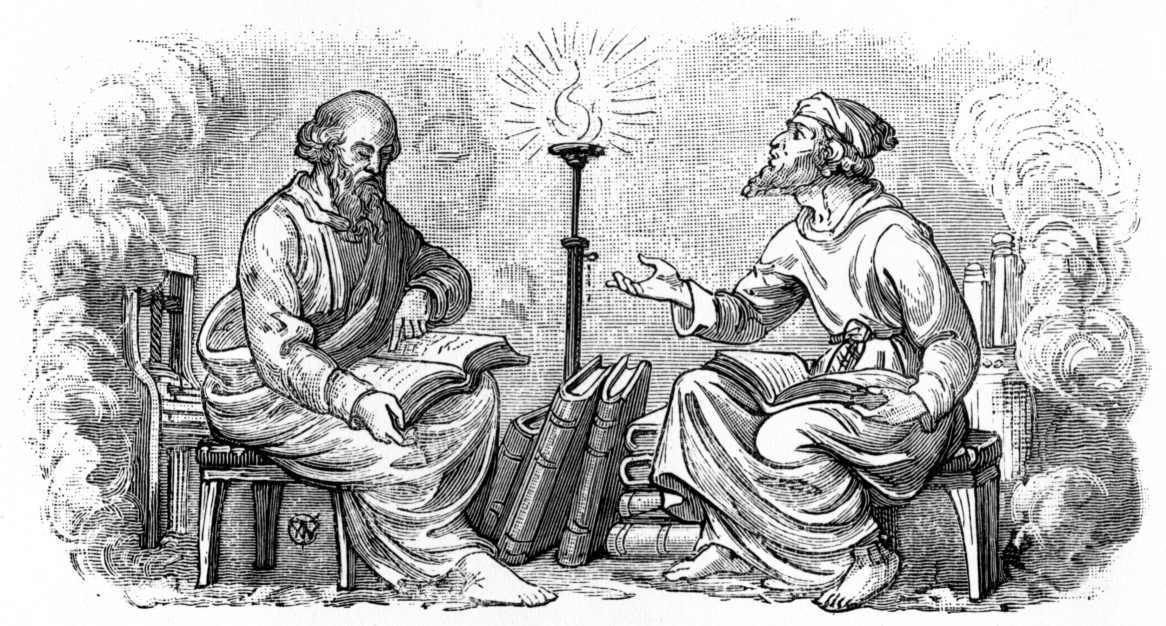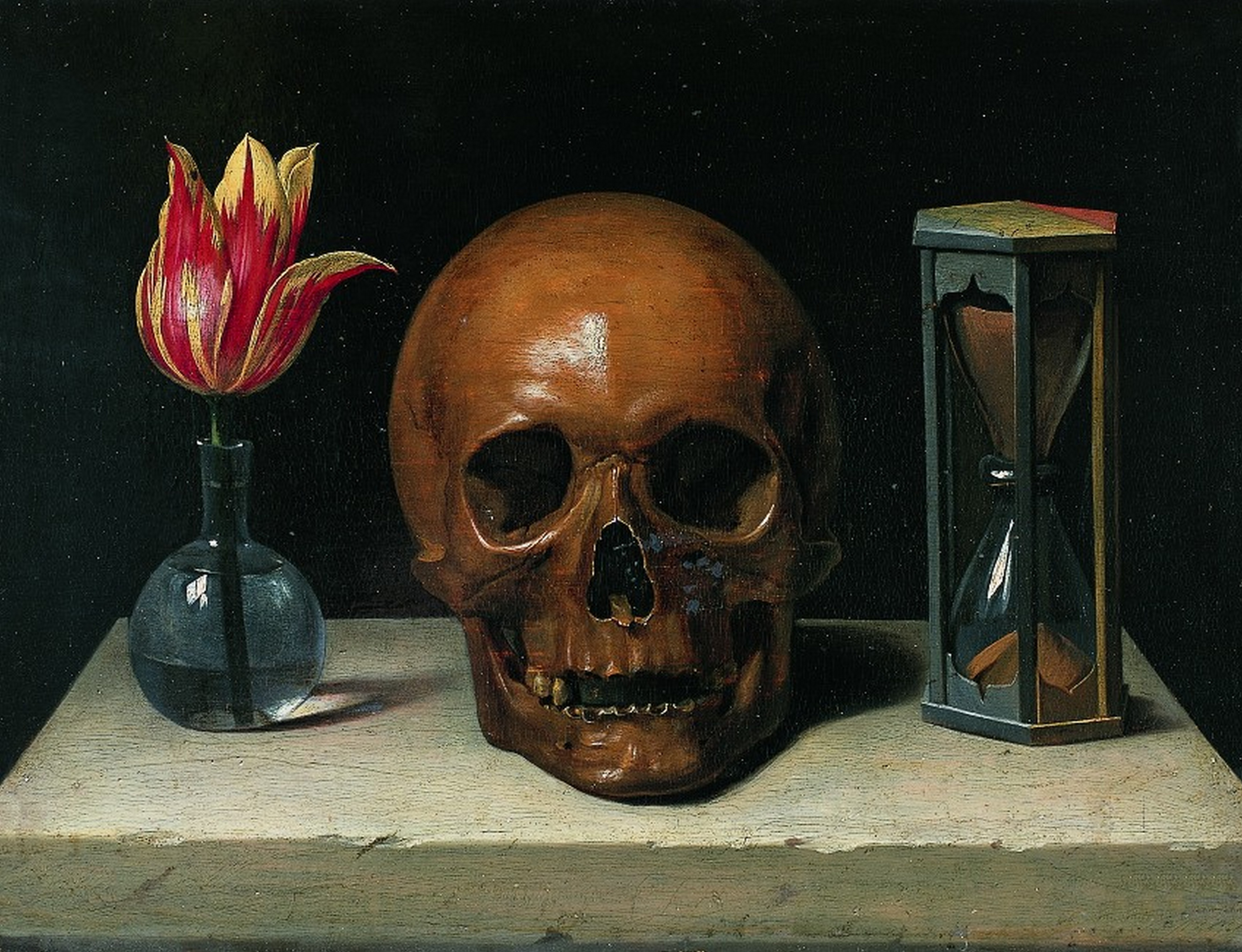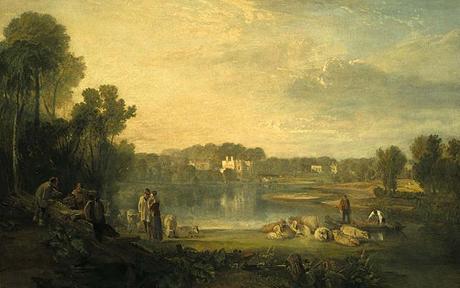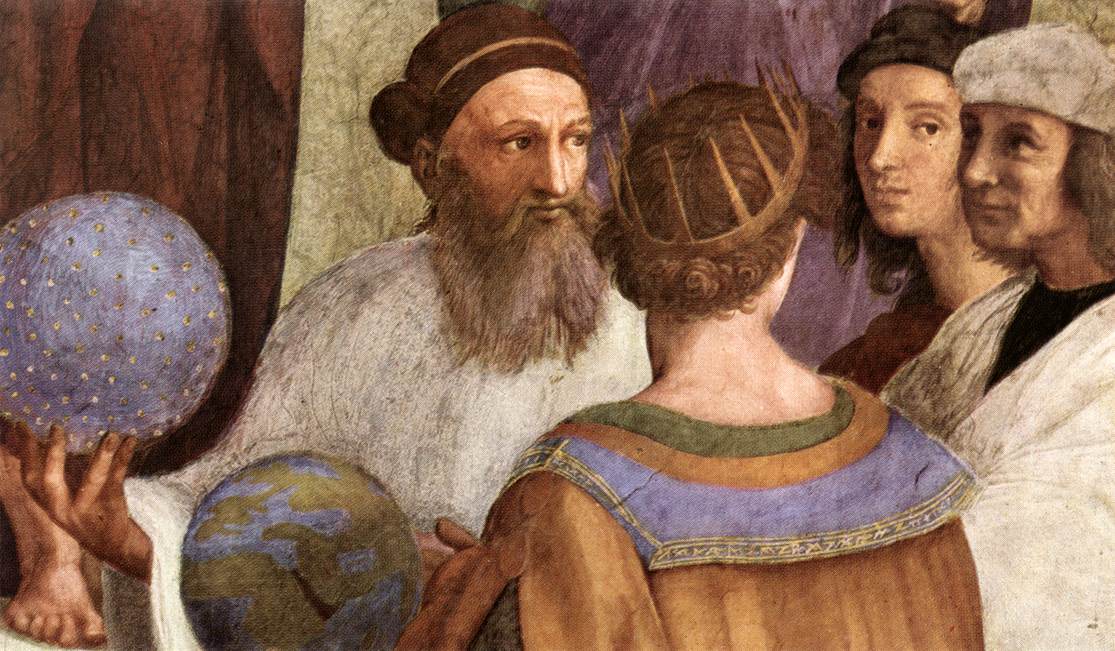 |
| The School of Athens [featuring Zoroaster] by Raphael, 1590. Public domain via Wikimedia. |
 Ecce Homo by Friedrich Nietzsche
Ecce Homo by Friedrich NietzscheMy rating: 4 of 5 stars
My formula for greatness in man is amor fati: the fact that a man wishes nothing to be different, either in front of him or behind him, or for all eternity. Not only must the necessary be borne, and on no account concealed,- all idealism is falsehood in the face of necessity,- but it must also be loved...
...that which is necessary does not offend me. Amor fati is the core of my nature.
View all my reviews
 Donate
Donate







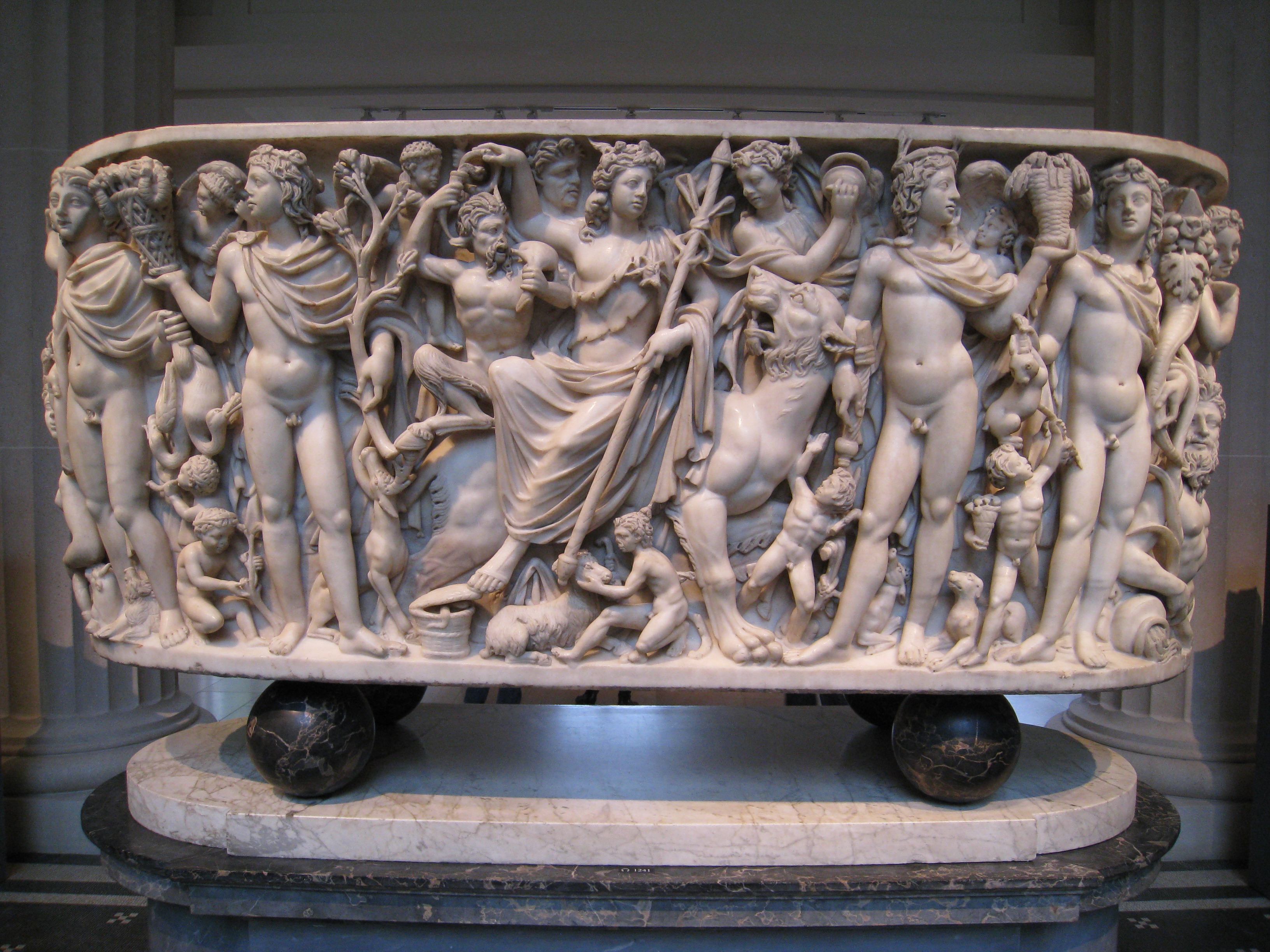



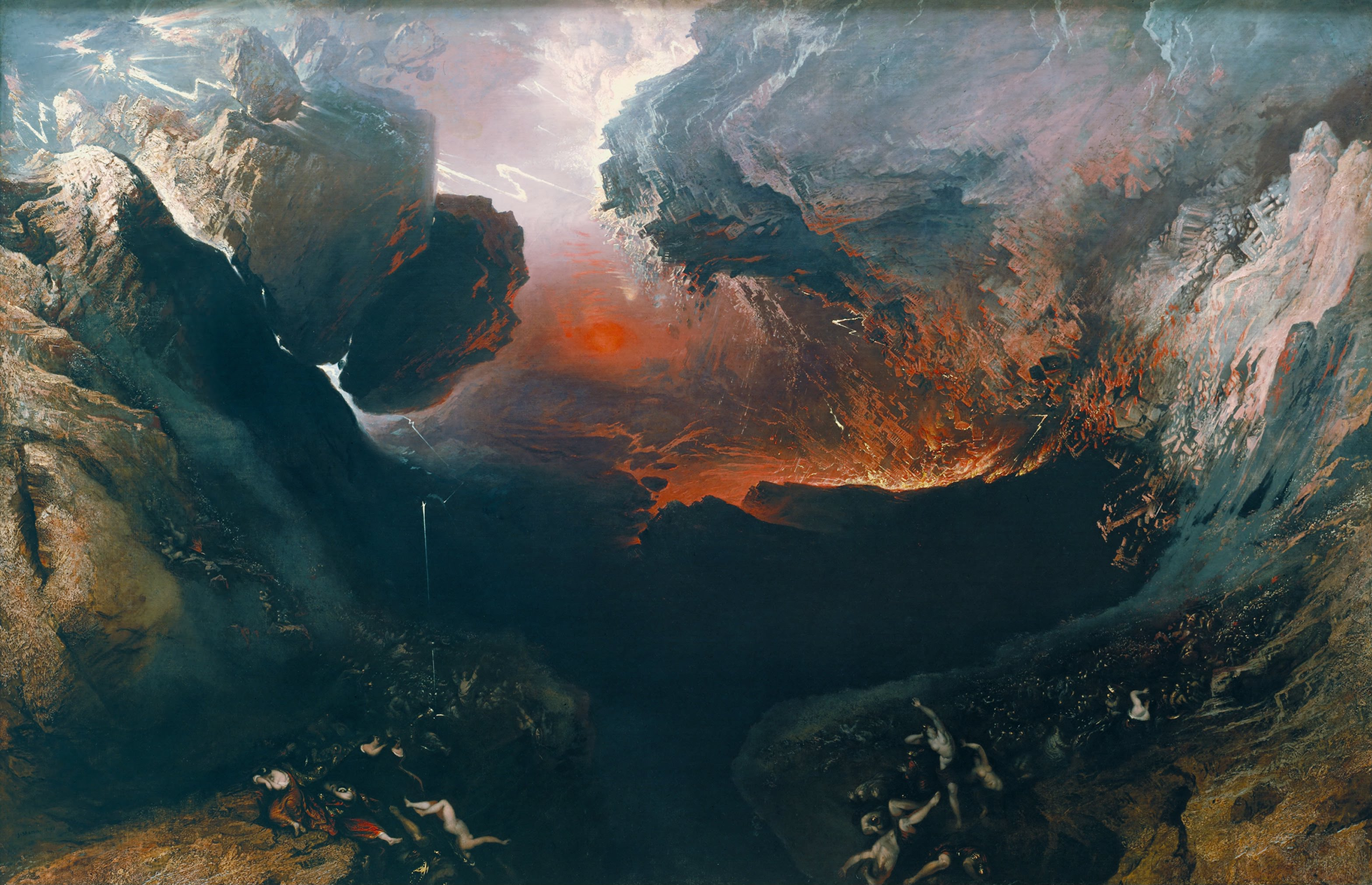

_Vatican_Museums-DSC_0206.jpg)





